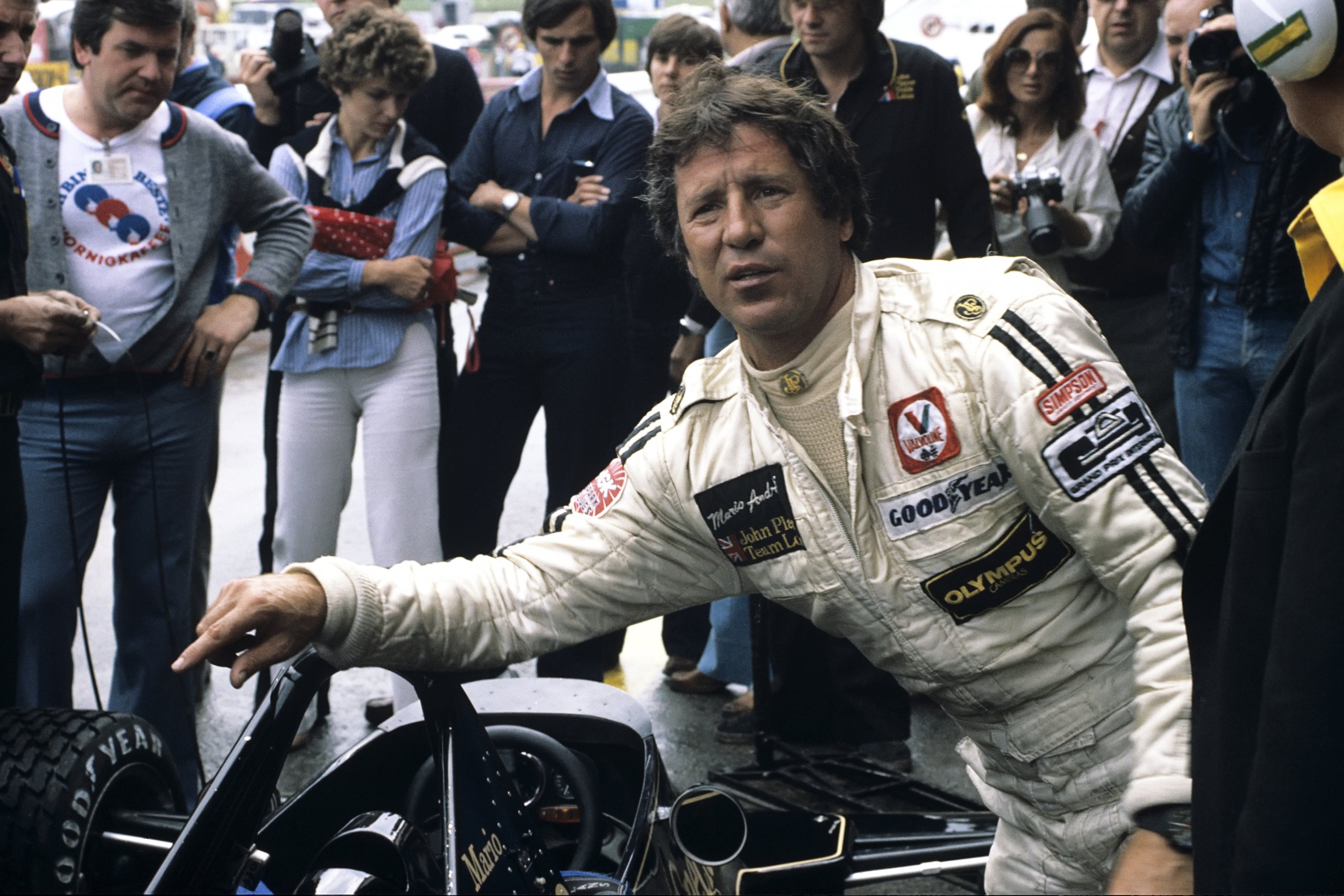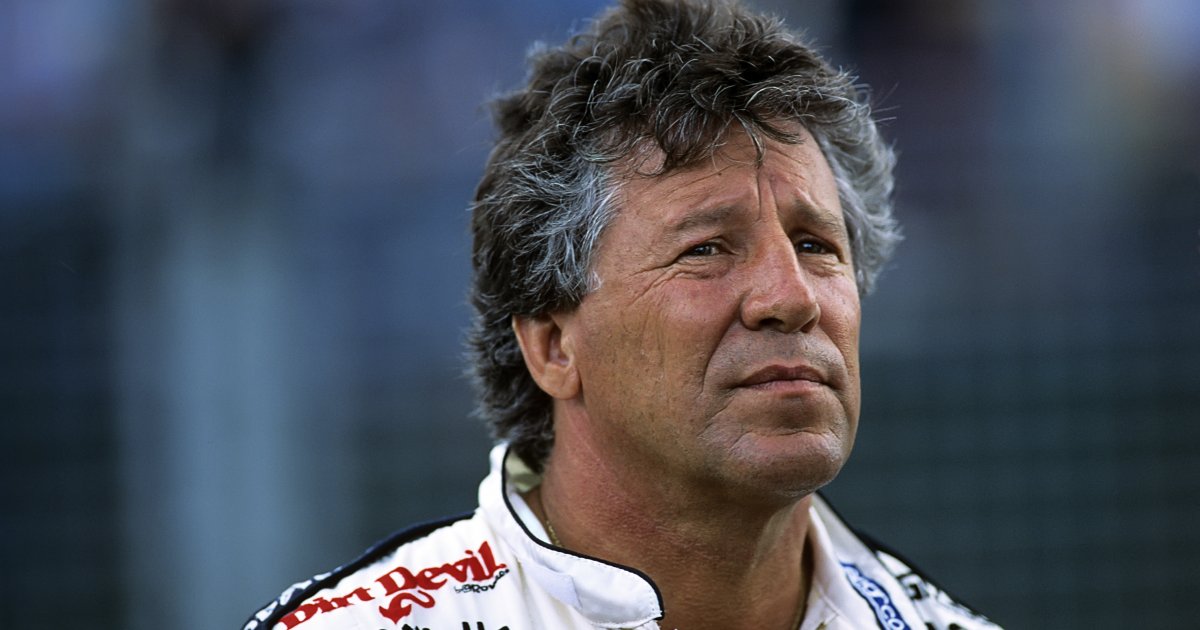Andretti on Grief
- Racer Mario Andretti, 81, lost his wife and sister in 2018, his nephew to colon cancer in 2020, and his twin brother, Aldo Andretti to COVID-19 complications in December 2020.
- Andretti says he is struggling with loneliness.
- Coping with grief is an ongoing process; talk therapy and social workers can help.

Aldo Andretti, my loving twin brother, my partner in crime and my faithful best friend every day of my life was called to heaven last night. Half of me went with him. There is no eloquence. I'm shaken to my core. pic.twitter.com/NJ3fZxklNo
— Mario Andretti (@MarioAndretti) December 31, 2020
The famous racer admits he’s struggled with loneliness in the face of such tremendous loss. He says, “You know, I am lonely and after Aldo, I asked myself, where I am supposed to be? What I am supposed to do?" Am I supposed to put my chin in my socks? Or am I supposed to look at the life that I have left, the kids, the family?”
"This is my life,” says Andretti. “I cannot imagine any other life, being satisfied with any other life that did not include racing. I never had any Plan B. So on I go."
Coping with Grief
Grief is a natural, ongoing process and it takes time. After loss due to COVID-19, cancer, or another disease, the grief can feel overwhelming. Dr. Scott Irwin, the director of supportive care services at Cedars-Sinai, explains in an earlier interview how this grief is experienced. “Grief comes in waves. It often gets better over time, but at certain days, it can look like depression. And other days, people look perfectly normal and can function,” he says.
Related: Treating Depression After a Cancer Diagnosis
“They’re grieving the change in their life, the future they had imagined is now different, ” says Dr. Irwin. “In cancer care, sometimes, we’re actually forcing some body changes that are beyond what would be normal aging, and that can be even harder for people to deal with where they don’t feel like themselves. I had a woman yesterday who said she can’t look in the mirror when she takes a shower, because she shudders at what she looks like versus her vision of herself and her vision of what she looked like when she was healthy.”
Related: "Therapy Saved My Life": After Losing A Loved One, Don't Be Afraid To Ask For Help
“People that are struggling with coping with the experience, coping with body image should reach out to their doctors, find a therapist in the community. Often there’s cancer support groups. Talk therapy really is the way to deal with these emotions,” suggests Dr. Irwin.
Dealing With Grief After a Cancer Diagnosis
Using a Social Worker for Help
For people struggling with a diagnosis or illness of a loved one, there are resources to help alleviate your pain. One of them is a social worker, who is trained to help people manage difficult situations. Sarah Stapleton, a licensed clinical social worker at Montefiore Medical Center, explains in an earlier interview the value of using a social worker. She says, “I think it’s super important to see a social worker. I think there’s a networking that they can assist you with. And they really have the strongest knowledge of the resources available to get you through the process.”
Related: The Benefit of Support Networks for Cancer Patients
“I think social work– one of the primary roles is advocacy,” says Stapleton. “It’s meeting the patient and understanding the patient’s needs and understanding what it is you need in this very moment, whether that be financial resources, whether it be related to your insurance, transportation, or ultimately, the emotional process of getting through cancer treatment. So if there’s any barrier that you’re finding, financial, transportation, or otherwise, a social worker’s going to help advocate for you to try to do the best we can to eliminate that and to make sure that you get your treatment.”
The Value of Using a Social Worker During Treatment
Learn more about SurvivorNet's rigorous medical review process.


